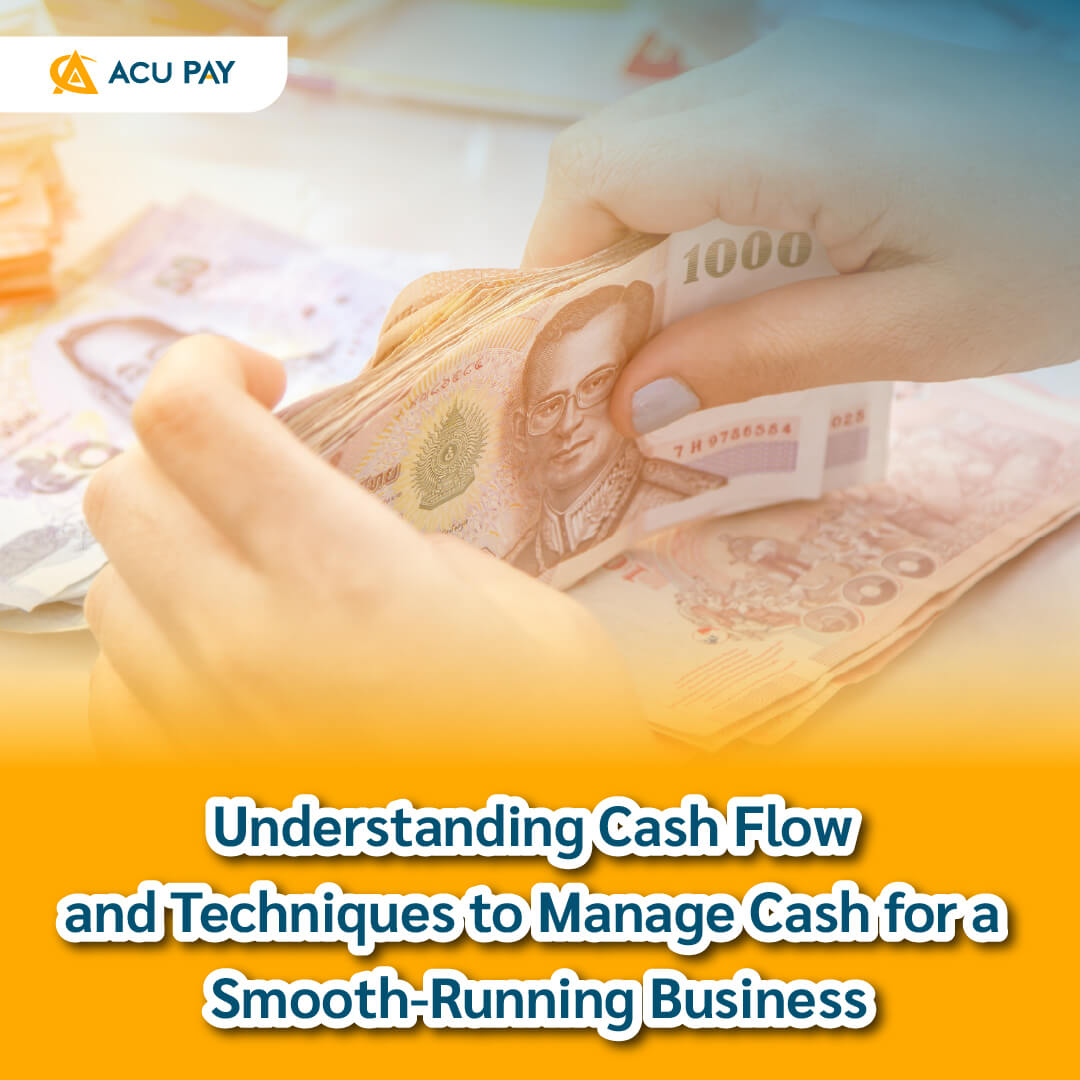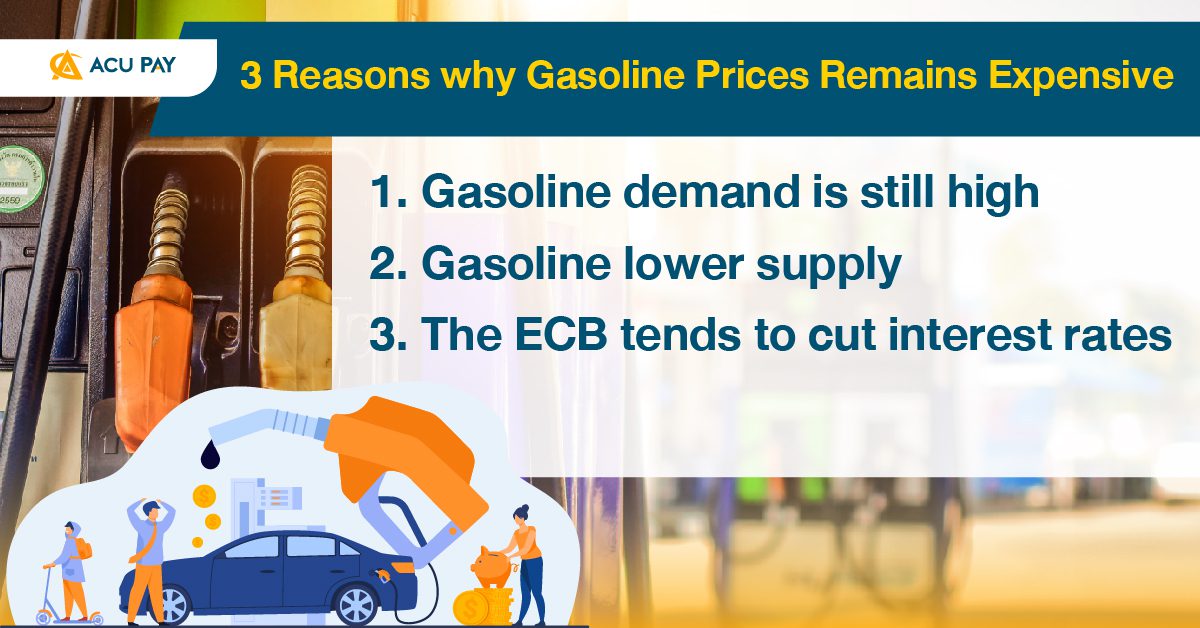

The reason for the higher petrol prices is that crude oil prices in the world market continued to rise, reaching USD139 per barrel, which is the highest in 14 years from the previous record of USD147 per barrel in 2008. As a result, Thailand, which is a petrol importer, is directly affected and has to use more expensive petrol as well.
Although Thailand can drill oil for domestic use, it is not enough to meet export demand, making Thailand mainly rely on imported petrol. According to the 2011 average crude oil demand, Thailand needs 951,000 barrels per day of refined oil, while the production capacity is only 100,000 barrels per day.
Morgan Stanley recently analyzed that the demand for petrol in 2024 will increase by 1.5 million barrels. Despite OPEC’s view that petrol demand will become more important in the future, countries are moving toward zero carbon or zero net greenhouse gas emissions, which have become a global policy to reduce carbon dioxide emissions in the energy sector and the economic system of each country.
In the past, OPEC+ announced that it would reduce its petrol production capacity in the coming third and fourth quarters. However, the market still expects OPEC+ to extend the petrol production cut, which will cause petrol prices to fall at the end of the third quarter due to the failure to negotiate on oil production, resulting in less petrol supply in the world market.
Recently, the ECB, or European Central Bank commented that interest rates will be cut, which will be positive for the petrol price trend to rise. As a result, crude oil prices are still showing strong momentum.
These are three reasons why gasoline prices are likely to continue to be expensive. As consumers, we may have to spend a little longer waiting for future changes and may have to change our daily lifestyle by turning to alternative energy, which may reduce wasteful energy consumption and improve our love for the environment.
References from
stock2morrow/autolifethailand

MAKE A GREAT DAY WITH ACU PAY.